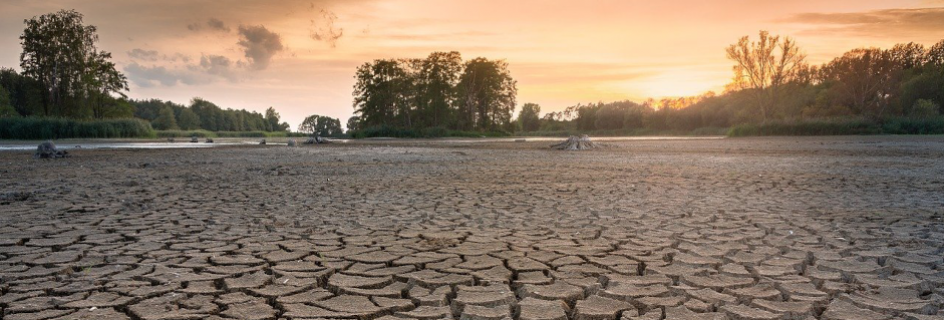Post date:
Lindsay Beevers, Professor of Environmental Engineering at the School of Engineering, has worked on a project with Heriot-Watt University to investigate how people might be affected by droughts in Scotland.
The project was led by Kerri McClymont – Professor Beevers’ PhD student, who is based in Heriot-Watt’s School of Energy, Geoscience, Infrastructure and Society – and funded by Scotland’s Centre of Expertise for Waters (CREW).
The researchers investigated the social and environmental factors that impact how people are affected by drought, and produced policy recommendations on how to target communication to increase personal resilience to future droughts.
Increasing drought risk
Despite Scotland’s popular image as a rain-soaked country, public and private supplies of safe drinking water could be increasingly under threat thanks to drier summers, and depleted water reservoir levels. The country experienced water scarcity in 2018, 2020 and 2021.
Last year was the second driest summer in Scotland for 160 years, with the Scottish Environment Protection Agency (Sepa) saying that above average rainfall was required to see long-term recovery as a "significant rainfall deficit" had built up over the summer.
Private water supplies
These factors pose a particular risk to private water supplies to communities and businesses – which are more common in Scotland than the rest of the UK.
Understanding social impact of droughts
Policy recommendations
It is hoped that the CREW-funded research will aid the government in supporting those affected by droughts in Scotland. The policy recommendations from the project include:
- An integrated database of private water supplies (PWS) that can be accessed by all stakeholders to allow a more targeted approach to drought preparedness and response.
- There is a need to understand the linkages between land-use planning and drought planning policy, and where these policies can ensure longer-term resilience to drought. The integrated database could help inform this.
- An improved early drought warning system which is informed by the integrated database as well as bottom-up knowledge.
- Tailored support about adaptation and resilience beyond what is currently offered by local authorities for those on PWS. There is a need to better understand the nature of households that are served by PWS to target support. A potential avenue could be a dedicated community water officer to liaise with communities and stakeholders to advise them on how to make their supplies more resilient.
- Support for both formal and informal resilience groups to create local action plans for those on PWS, including where to get information on how to be more resilient.
- Public perception is important for drought preparedness and response. Scotland is perceived as a wet country which may encourage water-intensive behaviour. Those on public supplies need more awareness on drought and water scarcity as an issue in Scotland in the context of climate change.
- A potential avenue for raising awareness of water efficiency could be through tourism campaigns that raise awareness of water scarcity and asks visitors to use water wisely.
Funded by the Scottish Government, CREW is a partnership between the James Hutton Institute and Scottish higher education and research institutes.



